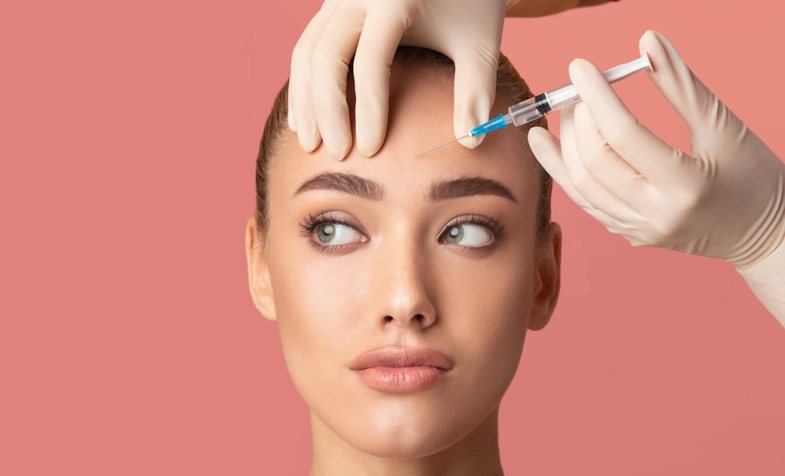
In recent years, talk of botox resistance has increased significantly. This phenomenon occurs when a person develops antibodies to the neurotoxin, preventing its effect. One such example is Michelle Grant*, a manager at a dermatology clinic in Birmingham, Alabama. "I just don't freeze like I used to," she says, pointing out that her routine injections no longer have the same effect.
According to dermatologist Corey L. Hartman, this phenomenon is very rare and difficult to diagnose without blood tests. "I have three such patients, where the forehead does not hold the effect," he explains. Although resistance to Botox is possible, people often confuse it with other problems such as dosage, incorrect placement, or the type of toxin used.
What is botox resistance?
Resistance to Botox occurs when the body creates antibodies to the neurotoxin. “This happens when the body develops a resistance or blocker to the toxin,” explains cosmetic surgeon Robert M. Schwarcz. In these cases, the toxin no longer paralyzes the muscles as before, not achieving the desired aesthetic result.
What causes resistance to botox?
Dr. Hartman calls this phenomenon a "real dilemma," since the triggers vary from person to person. In many cases, there is no direct correlation with antibodies. For example, Grant did not have blood tests to confirm the level of antibodies and did not show any symptoms other than the lack of effect of the toxin.
Some evidence suggests a link between neurotoxin resistance and the COVID-19 vaccine. Coincidentally, Grant's resistance started after receiving the Pfizer vaccine. "During the pandemic, this phenomenon became more visible," says Dr. Hartman, adding that his colleagues reported similar cases.
In 2022, a study published in the "Journal of Cosmetic Dermatology" suggested that botulinum toxin A may be less effective after vaccination against COVID-19. However, the study included only a small number of cases and there is not yet enough evidence to confirm this link. "I'm not sure if [the vaccine] has anything to do with it," says Dr. Hartman. Even Dr. Schwarcz points out that he has seen no such connection in his thousands of vaccinated patients.
Is botox resistance a widespread phenomenon?
Although it can happen, true cases of resistance to Botox remain very rare. In most cases, a larger dose, an alternative toxin, or changing the placement of the injection can solve the problem. For this reason, it is important to consult a specialized dermatologist to find the right solution.
Suggested Articles:





